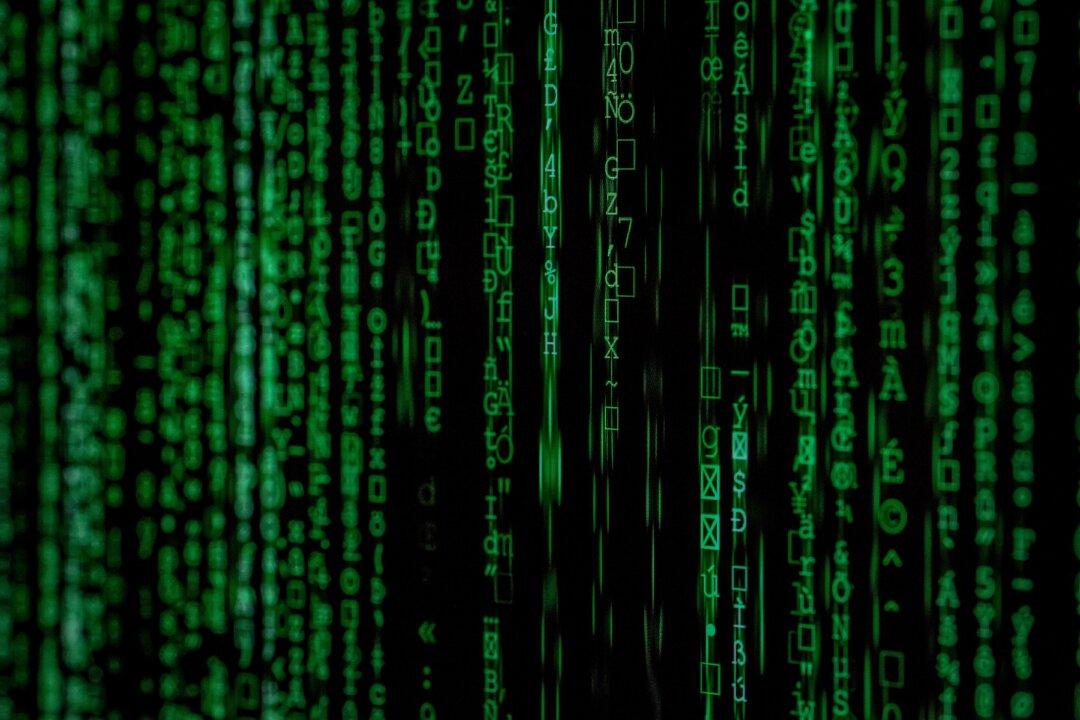Commentary
Technological improvement in human history has been generally about making life better. An essential feature has been bringing the luxuries that once belonged to the rich to the whole of humanity.

Technological improvement in human history has been generally about making life better. An essential feature has been bringing the luxuries that once belonged to the rich to the whole of humanity.